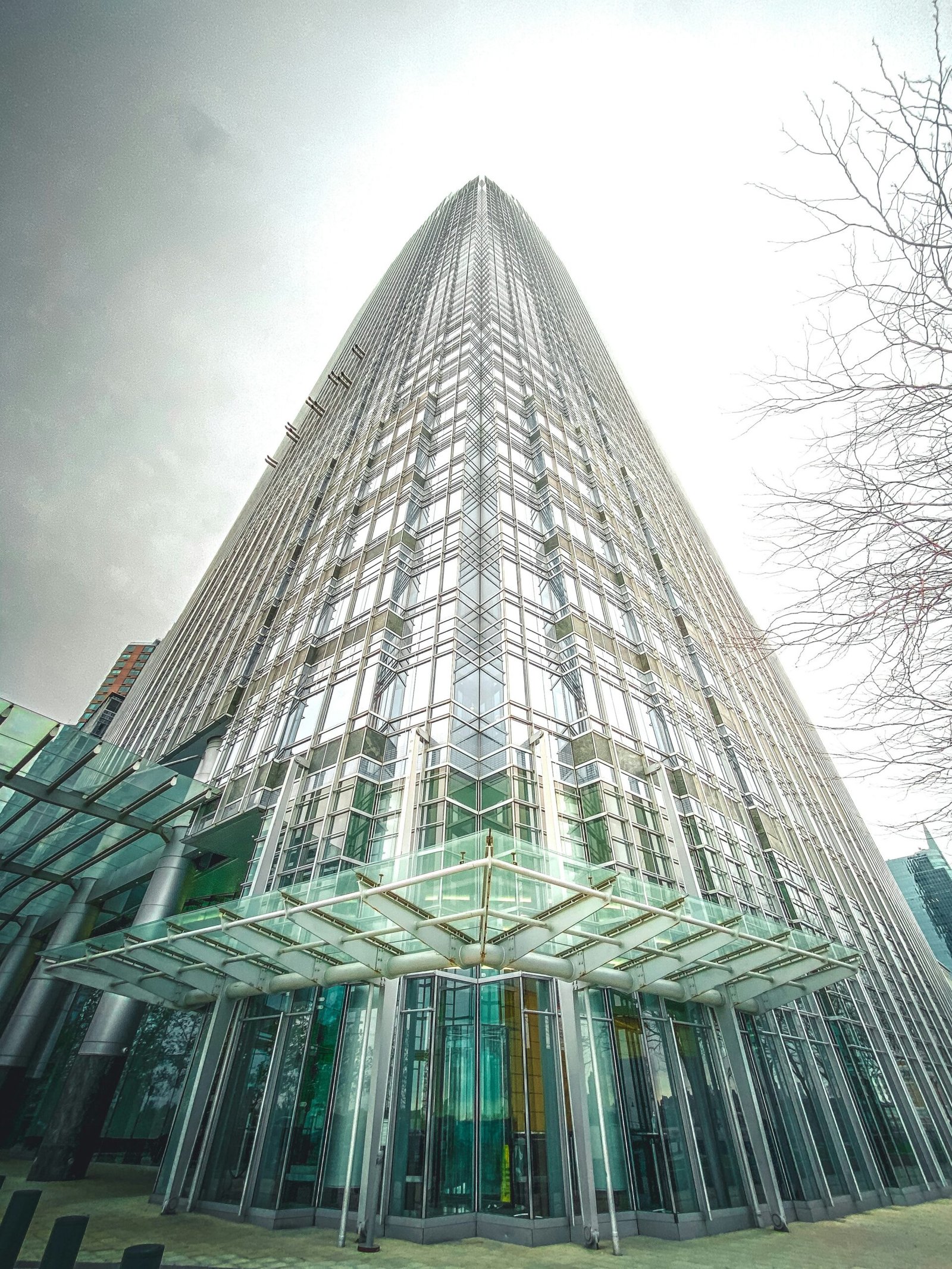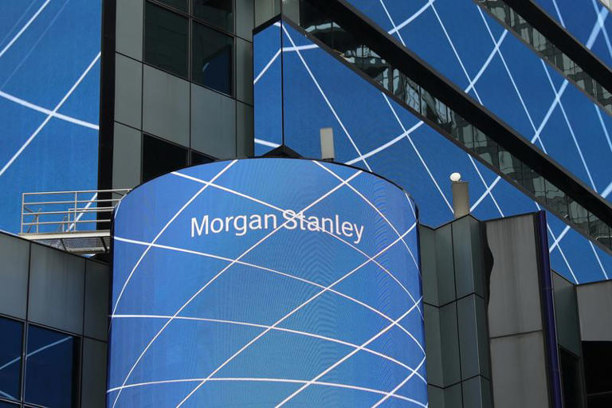
The Lawsuits and Legal Victory
The dismissal of the lawsuits against Goldman Sachs and Morgan Stanley marks a significant legal victory for the two investment banks, providing them with a much-needed relief amidst the turmoil caused by the collapse of Archegos Capital. The lawsuits, which were brought forward by investors and shareholders, alleged that the banks had engaged in negligent and reckless behavior that contributed to the downfall of the high-profile hedge fund.
Insufficient Evidence and Reputational Impact
However, the judge’s decision to dismiss the lawsuits indicates that there was insufficient evidence to support the claims made against Goldman Sachs and Morgan Stanley. This outcome not only shields the banks from potential financial damages but also helps to preserve their reputations in the highly competitive and scrutinized world of finance.
The Collapse of Archegos Capital
It is worth noting that the collapse of Archegos Capital sent shockwaves throughout the financial industry, as it exposed the risks associated with the use of complex financial instruments and excessive leverage. The hedge fund’s highly leveraged positions in various stocks led to massive losses, estimated to be in the billions of dollars, and triggered a chain reaction in the market.
The Role of Goldman Sachs and Morgan Stanley
Goldman Sachs and Morgan Stanley, like many other major financial institutions, were involved in providing prime brokerage services to Archegos Capital. These services included facilitating trades, lending money, and executing transactions on behalf of the hedge fund. However, the downfall of Archegos Capital revealed the potential pitfalls of such arrangements, as banks were left exposed to significant losses when the hedge fund’s positions unraveled.
Lessons Learned and Regulatory Scrutiny
While the dismissal of the lawsuits may provide temporary relief for Goldman Sachs and Morgan Stanley, it does not absolve them from the need to reassess their risk management practices and tighten their oversight of clients. The Archegos Capital incident serves as a stark reminder that even the most sophisticated financial institutions can be blindsided by the actions of a single client.
Furthermore, the fallout from the Archegos collapse has prompted regulators and lawmakers to scrutinize the prime brokerage industry and consider implementing stricter regulations to prevent similar incidents in the future. The episode has raised questions about the adequacy of risk controls and the transparency of the prime brokerage business, leading to calls for greater transparency and accountability.
Impact on Financial Industry and Risk Management
As the financial industry continues to grapple with the aftermath of the Archegos collapse, the dismissal of the lawsuits against Goldman Sachs and Morgan Stanley offers a glimmer of hope for these institutions. However, it also serves as a reminder of the importance of vigilance and prudent risk management in an ever-evolving and unpredictable market.
The Collapse of Archegos Capital and its Causes
The collapse of Archegos Capital exposed the risks associated with highly leveraged positions and the use of complex derivatives in the financial industry. Bill Hwang, a seasoned hedge fund manager, had taken advantage of total return swaps to build a substantial portfolio in several stocks. These derivatives allowed him to amplify his exposure to the market, potentially increasing his profits if the investments performed well.
Impact on Financial Industry and Risk Management
As the financial industry continues to grapple with the aftermath of the Archegos collapse, the dismissal of the lawsuits against Goldman Sachs and Morgan Stanley offers a glimmer of hope for these institutions. However, it also serves as a reminder of the importance of vigilance and prudent risk management in an ever-evolving and unpredictable market.
The Collapse of Archegos Capital and its Causes
The collapse of Archegos Capital exposed the risks associated with highly leveraged positions and the use of complex derivatives in the financial industry. Bill Hwang, a seasoned hedge fund manager, had taken advantage of total return swaps to build a substantial portfolio in several stocks. These derivatives allowed him to amplify his exposure to the market, potentially increasing his profits if the investments performed well.
Margin Calls and Insufficient Collateral
However, as the value of these positions began to decline, Archegos faced margin calls from its prime brokers. Margin calls are requests for additional collateral to cover potential losses, a common practice in leveraged trading. In this case, the declining value of Archegos’ positions meant that the fund needed to provide more collateral to maintain its leverage ratio.
Unfortunately, Archegos was unable to meet these margin calls, indicating that the fund did not have sufficient liquid assets to cover its obligations. As a result, the prime brokers were left with no choice but to liquidate Archegos’ positions to mitigate their own risks. However, the forced selling of these positions at distressed prices led to significant losses for Archegos and its prime brokers.
Impact on Financial Industry and Risk Management
The impact of the Archegos collapse was far-reaching, affecting not only the fund itself but also its prime brokers and other financial institutions. The losses incurred by the prime brokers highlighted the potential risks associated with providing excessive leverage to clients, leading to increased scrutiny and regulatory concerns. Additionally, the collapse exposed the interconnectedness of the financial system, as the ripple effects were felt across Wall Street.
Reevaluation of Risk Management Practices
In the aftermath of the Archegos collapse, regulators and industry participants have been reviewing risk management practices and calling for greater transparency in the use of derivatives and leverage. The incident serves as a reminder of the importance of robust risk management frameworks and the need for market participants to fully understand the risks associated with their trading strategies.
Reputational Damage and Loss of Investor Confidence
Despite the dismissal of the lawsuits, the fallout from the Archegos collapse continued to reverberate throughout the financial industry. Regulators and lawmakers began scrutinizing the practices of Goldman Sachs and Morgan Stanley, questioning whether they had adequate risk management systems in place to prevent such a catastrophic event.
Investigations and Congressional Hearings
The Securities and Exchange Commission (SEC) launched an investigation into the matter, seeking to determine whether the banks violated any securities laws or regulations. The SEC’s inquiry focused on whether Goldman Sachs and Morgan Stanley provided accurate and timely information to their investors regarding the risks associated with their dealings with Archegos.
In addition to the SEC’s investigation, various congressional committees held hearings to examine the circumstances surrounding the collapse. Lawmakers grilled senior executives from Goldman Sachs and Morgan Stanley, demanding answers about their risk management practices and the extent of their exposure to Archegos’ trades.
Reevaluating Risk Management Practices and Regulatory Pressure
The hearings revealed that both banks had significant exposure to Archegos, with Goldman Sachs having extended billions of dollars in credit to the fund. It became evident that the banks had failed to adequately assess the risks associated with Archegos’ highly leveraged trading strategy, raising concerns about their risk management capabilities.
As a result of the scrutiny and negative publicity, Goldman Sachs and Morgan Stanley faced reputational damage and a loss of investor confidence. Shareholders raised concerns about the banks’ oversight and governance, calling for greater transparency and accountability.
In response to the fallout from the Archegos collapse, both Goldman Sachs and Morgan Stanley announced internal reviews of their risk management practices. They pledged to strengthen their risk controls and enhance their monitoring systems to prevent similar incidents in the future.
Furthermore, the banks faced pressure from regulators to improve their risk management frameworks. The SEC proposed new rules that would require broker-dealers to implement more robust risk management systems and enhance their disclosure of potential risks to investors.
Broader Implications and Debates
Overall, the lawsuits, investigations, and congressional hearings following the Archegos collapse highlighted the need for stronger risk management practices in the financial industry. The incident served as a wake-up call for banks and regulators alike, prompting a reevaluation of risk controls and a renewed focus on protecting investors from the potential fallout of high-risk trading strategies.
Debate on Accountability and Regulatory Reforms
Furthermore, the judge’s ruling has sparked a debate among legal experts and industry insiders regarding the accountability of financial institutions in cases of market collapses. While the ruling may have favored Goldman Sachs and Morgan Stanley, it has raised questions about the broader implications for investor protection and the role of regulatory oversight.
Some argue that the ruling sets a dangerous precedent by allowing banks to escape liability for their involvement in risky trading activities. They argue that this could incentivize banks to engage in high-risk behavior without fear of legal consequences, potentially putting investors and the financial system at greater risk.
On the other hand, proponents of the ruling argue that it reinforces the principle of caveat emptor, or buyer beware, in the financial markets. They believe that investors should bear the responsibility for conducting due diligence and assessing the risks associated with their investments. According to this perspective, the collapse of Archegos Capital was a result of the fund’s highly leveraged and concentrated positions, and the banks cannot be held solely responsible for the losses incurred.
Reevaluation of Regulations and Risk Management
Regardless of differing opinions, the judge’s ruling has undoubtedly sparked a broader conversation about the need for regulatory reforms and enhanced risk management practices in the financial industry. Regulators and policymakers are under pressure to reassess the adequacy of existing regulations and explore potential measures to prevent similar incidents in the future.
Transparency and Risk Management
One area of focus is the transparency of the over-the-counter (OTC) derivatives market, where Archegos Capital conducted much of its trading. Critics argue that the lack of transparency in this market makes it difficult to assess the risks posed by highly leveraged positions and increases the potential for systemic risks. They advocate for greater regulatory oversight and reporting requirements to ensure that market participants have a clear understanding of the risks they are exposed to.
Additionally, there is growing recognition of the need for stronger risk management practices within financial institutions. The Archegos collapse exposed weaknesses in the risk controls employed by some of the world’s largest banks, highlighting the need for more robust oversight and monitoring of clients’ trading activities.
Future Implications and Industry Transformation
Overall, the judge’s ruling in the lawsuits against Goldman Sachs and Morgan Stanley has far-reaching implications for the financial industry. It has reignited debates about investor protection, regulatory oversight, and risk management practices. As the fallout from the Archegos collapse continues to unfold, it is likely to shape the future of financial regulation and influence the way banks conduct their business.



































